Discover the 18 best places to visit in Tuscany and explore the hidden gems of this enchanting region in Italy. From historic cities to picturesque countryside, this comprehensive guide will take you on a journey through Tuscany’s most captivating destinations.
Introduction
Welcome to Tuscany, a mesmerizing region in central Italy renowned for its stunning landscapes, rich history, and artistic heritage. This article will be your ultimate guide to exploring the 18 best places in Tuscany, offering insights based on first-hand knowledge and experiences. Whether you’re a history buff, a food enthusiast, or a nature lover, Tuscany has something extraordinary to offer.
18 Best Places to Visit in Tuscany
1. Florence: Where Art and History Unite
Florence, the capital of Tuscany, is a treasure trove of art and history. As you wander through the city’s cobblestone streets, you’ll encounter magnificent landmarks such as the Florence Cathedral (Duomo), the Uffizi Gallery, and the Ponte Vecchio. Marvel at Renaissance masterpieces by Michelangelo, Leonardo da Vinci, and Botticelli, and immerse yourself in the city’s vibrant cultural scene.
2. Siena: A Medieval Gem
Siena transports you back in time with its well-preserved medieval architecture and charming atmosphere. The Piazza del Campo, home to the famous Palio horse race, is a must-visit, along with the Siena Cathedral and the Museo Civico. Don’t forget to sample traditional Tuscan cuisine at one of the city’s quaint trattorias.
3. Pisa: The Leaning Tower and Beyond
When you think of Tuscany, Pisa’s iconic Leaning Tower probably comes to mind. But Pisa offers more than just this architectural wonder. Explore the Piazza dei Miracoli, visit the Baptistry, and admire the stunning Campo Santo Monumentale. Pisa’s university town vibe and lively streets make it an enjoyable destination.
4. Lucca: A Delightful Walled City
Lucca’s intact city walls create a unique atmosphere, inviting visitors to explore its charming streets by foot or bicycle. The Guinigi Tower, Piazza dell’Anfiteatro, and the Cathedral of St. Martin are among the highlights. Lucca’s relaxed ambiance and friendly locals will leave a lasting impression.
5. San Gimignano: The Town of Towers
Known as the “Town of Towers,” San Gimignano boasts a skyline dotted with medieval towers. Step into the past as you stroll through its narrow alleys and taste the world-famous Vernaccia wine. Climb the Torre Grossa for breathtaking views of the surrounding countryside.
6. Chianti: Rolling Vineyards and Wine Tasting
The Chianti region is synonymous with exquisite wine and breathtaking landscapes. Travel through picturesque vineyards, visit renowned wineries, and indulge in wine tastings. The rustic charm of Chianti will captivate your senses.
7. Arezzo: Art and Culture Abound
Arezzo’s artistic and cultural heritage is a true gem. Explore the Basilica of San Francesco, home to Piero della Francesca’s “Legend of the True Cross” frescoes. Don’t miss the Piazza Grande, where the renowned Giostra del Saracino (Saracen Joust) takes place.
8. Montepulciano: Wine, History, and Panoramic Views
Montepulciano, known for its Vino Nobile wine, is a delightful hilltop town offering panoramic views of the Val d’Orcia. Visit the Palazzo Comunale and climb the Torre di Pulcinella for stunning vistas. Wine lovers will relish the numerous wine cellars and tastings.
9. Cortona: A Picturesque Hillside Town
Cortona’s beauty and charm have captivated visitors for centuries. With its narrow streets, Renaissance architecture, and splendid views of Lake Trasimeno, Cortona is a haven for art enthusiasts and nature lovers alike.
10. Volterra: A City of Alabaster and History
Volterra’s Etruscan origins and artisanal alabaster works make it an intriguing destination. Discover the Etruscan Arch, the Roman Theatre, and the Cathedral of Santa Maria Assunta. Take a walk along the Medici Fortress for a taste of history.
11. Val d’Orcia: A UNESCO World Heritage Site
The Val d’Orcia is a breathtaking valley dotted with picturesque villages, cypress-lined roads, and golden wheat fields. This UNESCO World Heritage Site is a photographer’s paradise and a serene escape from the bustling cities.
12. Pienza: Renaissance Ideal City
Pienza is a small but remarkable town designed under the guidance of Pope Pius II to reflect the Renaissance ideal city. Stroll through the charming streets, visit the Pienza Cathedral, and savor the region’s delectable Pecorino cheese.
13. Livorno: Sun, Sea, and Sand
Livorno, a bustling port city, offers a vibrant coastal experience. Enjoy the sea breeze at Terrazza Mascagni, explore the historical district of Venezia Nuova, and savor fresh seafood at local trattorias.
14. Maremma: A Natural Wonder
Maremma is a pristine and lesser-known region of Tuscany, characterized by lush landscapes, hot springs, and ancient ruins. Nature enthusiasts will appreciate its diverse wildlife and the Maremma Regional Park.
15. Elba Island: Beach Bliss and History
Elba Island, located off Tuscany’s coast, is known for its beautiful beaches and historical significance as the exile location of Napoleon Bonaparte. Relax on the sandy shores, explore ancient forts, and enjoy the island’s laid-back atmosphere.
16. Saturnia: Soak in Hot Springs
Saturnia’s natural hot springs are a unique attraction, offering relaxation and wellness amidst scenic surroundings. The Cascate del Mulino is a series of cascading thermal pools that should not be missed.
17. Viareggio: Carnival and Coastline
Viareggio is famous for its Carnival, a vibrant celebration of floats, masks, and festivities. When the Carnival isn’t in full swing, enjoy the town’s sandy beaches and lively promenade.
18. Vinci: In the Footsteps of Leonardo da Vinci
Vinci is the birthplace of the legendary artist and inventor, Leonardo da Vinci. Visit the Leonardo Museum and immerse yourself in the life and works of this genius. The scenic landscape surrounding Vinci provides a serene backdrop to this cultural experience.
FAQs
Q: When is the best time to visit Tuscany?
A: The best time to visit Tuscany is during the shoulder seasons of spring (April to June) and autumn (September to October). The weather is pleasant, and the crowds are relatively smaller than in the peak summer months.
Q: Are there any hidden gems in Tuscany worth exploring?
A: Yes, Tuscany is full of hidden gems. Places like Cortona, Maremma, and Val d’Orcia offer a more off-the-beaten-path experience, away from the major tourist hubs.
Q: How can I explore the Tuscan countryside?
A: Exploring the Tuscan countryside is best done by renting a car. This way, you can leisurely drive through scenic routes and visit remote villages and vineyards.
Q: What are some must-try dishes in Tuscany?
A: Tuscany is renowned for its delicious cuisine. Don’t miss trying classics like ribollita (vegetable soup), pappa al pomodoro (tomato bread soup), and the famous Florentine steak.
Q: Is it safe to travel to Tuscany for solo travelers?
A: Tuscany is generally safe for solo travelers. Exercise usual precautions and be aware of pickpockets in crowded tourist areas.
Q: How can I experience Tuscany like a local?
A: To experience Tuscany like a local, consider staying in agriturismi (farm stays), participating in cooking classes, and attending local festivals.
Conclusion
Tuscany’s allure lies in its ability to captivate travelers with its stunning landscapes, rich history, and delightful culinary offerings. Whether you’re exploring the cultural treasures of Florence, savoring wine in Chianti, or discovering hidden gems in the countryside, Tuscany promises an unforgettable experience. So pack your bags, embrace the Tuscan spirit, and embark on a journey of a lifetime.

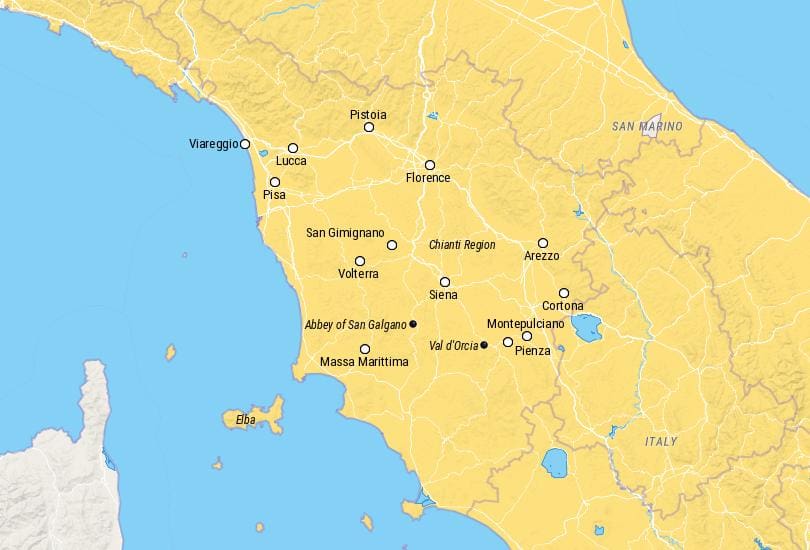



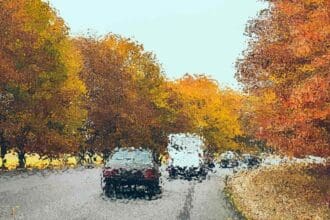
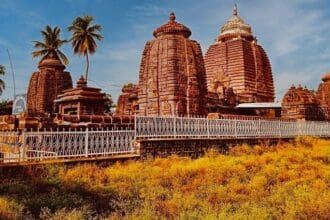
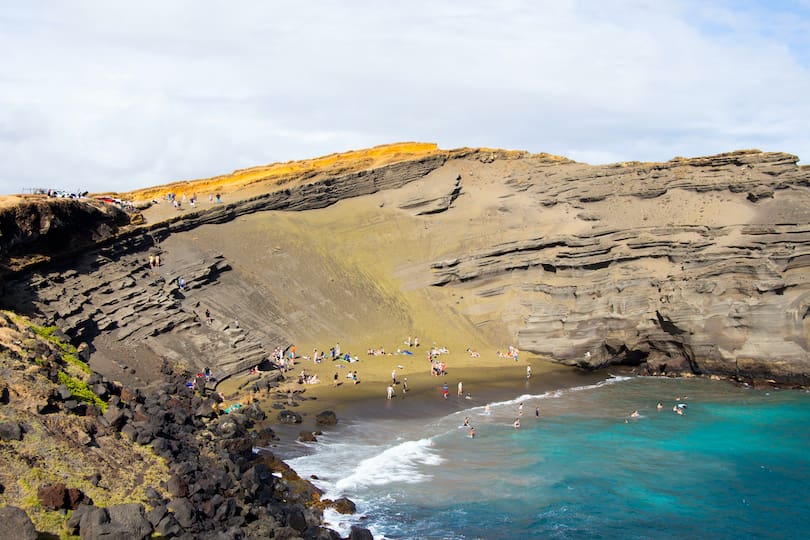


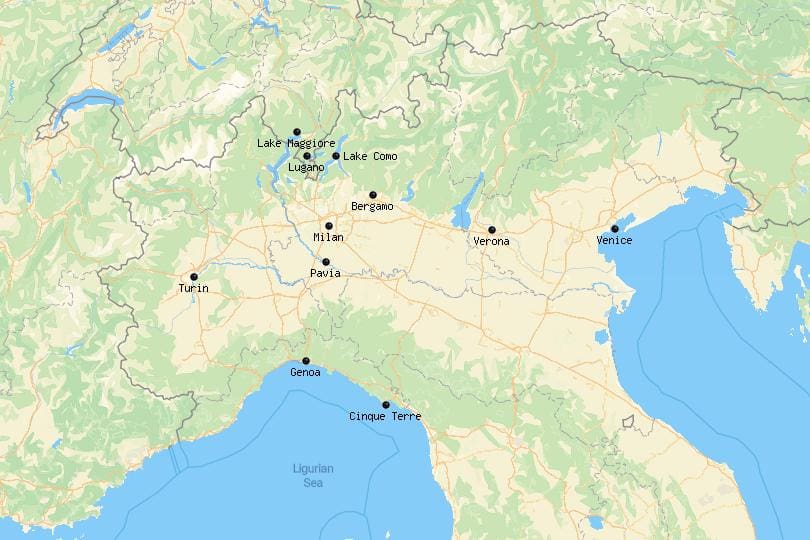

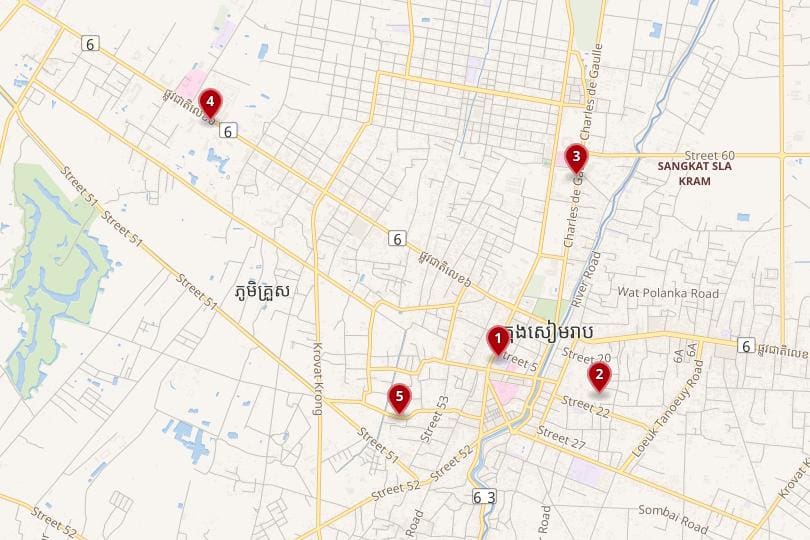
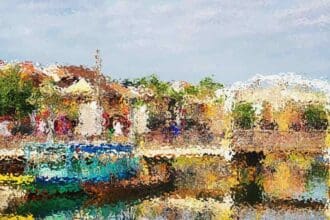
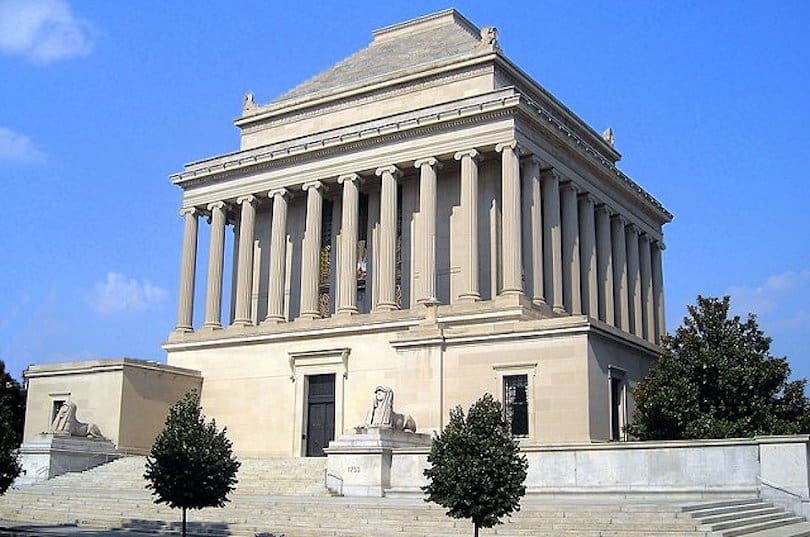

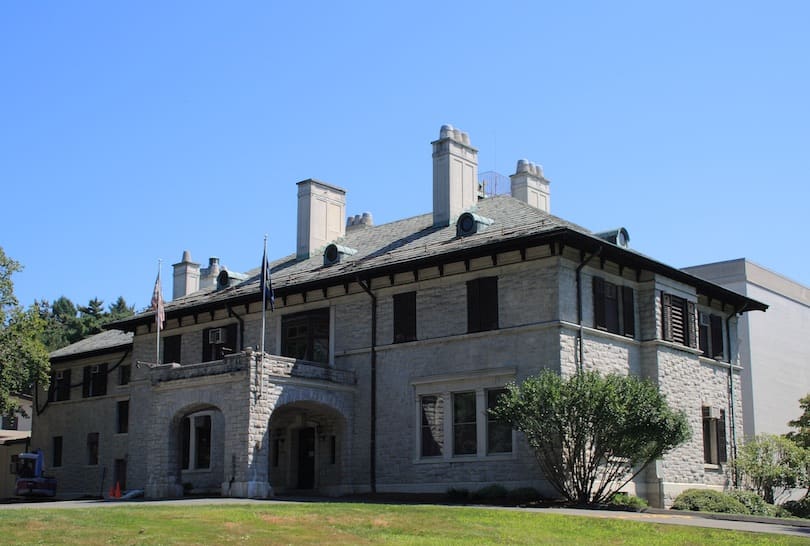
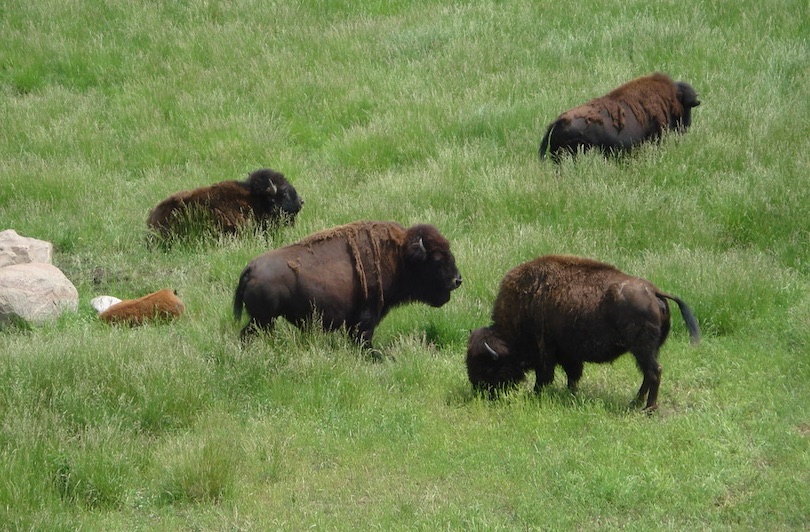

당신의 기사가 놀랍습니다. 포스트의 명확성은 그저 멋지고, 당신이 이 주제에 전문가라고 가정합니다.
허락한다면 당신의 RSS 피드를 가져가서
다가오는 포스트로 최신 상태를 유지하고 싶습니다.
백만 감사하고 만족스러운 일을 계속해 주세요.
Hey! I know this is kinda off topic however I’d
figured I’d ask. Would you be interested in trading links or maybe guest authoring
a blog article or vice-versa? My blog covers a lot of the same topics as yours and
I believe we could greatly benefit from each other.
If you happen to be interested feel free to shoot me
an email. I look forward to hearing from you!
Wonderful blog by the way!
I was studying some of your articles on this site and I think this website is rattling informative ! Keep posting.
With havin so much content and articles do you ever run into any problems of plagorism or copyright violation? My website has a lot of exclusive content I’ve either created myself or outsourced but it looks like a lot of it is popping it up all over the internet without my permission. Do you know any ways to help reduce content from being ripped off? I’d certainly appreciate it.
You have mentioned very interesting points! ps decent internet site.
It is best to participate in a contest for top-of-the-line blogs on the web. I’ll advocate this website!
amei este site. Para saber mais detalhes acesse o site e descubra mais. Todas as informações contidas são informações relevantes e exclusivas. Tudo que você precisa saber está ta lá.
This design is incredible! You obviously know how to keep a reader entertained. Between your wit and your videos, I was almost moved to start my own blog (well, almost…HaHa!) Excellent job. I really loved what you had to say, and more than that, how you presented it. Too cool!
I¦ll right away grasp your rss feed as I can not to find your e-mail subscription hyperlink or e-newsletter service. Do you’ve any? Kindly let me know so that I may subscribe. Thanks.
This design is incredible! You obviously know how to keep a reader entertained. Between your wit and your videos, I was almost moved to start my own blog (well, almost…HaHa!) Great job. I really enjoyed what you had to say, and more than that, how you presented it. Too cool!
Hi there! I’m at work surfing around your blog from my new iphone! Just wanted to say I love reading through your blog and look forward to all your posts! Keep up the fantastic work!